The late 20th century was filled with significant historical events that have left a lasting impact on the world, and many of these moments are vividly remembered by those who lived through them, particularly baby boomers. We take a look at some of the most memorable historical moments that only baby boomers will truly recall.
First Man on the Moon (1969)
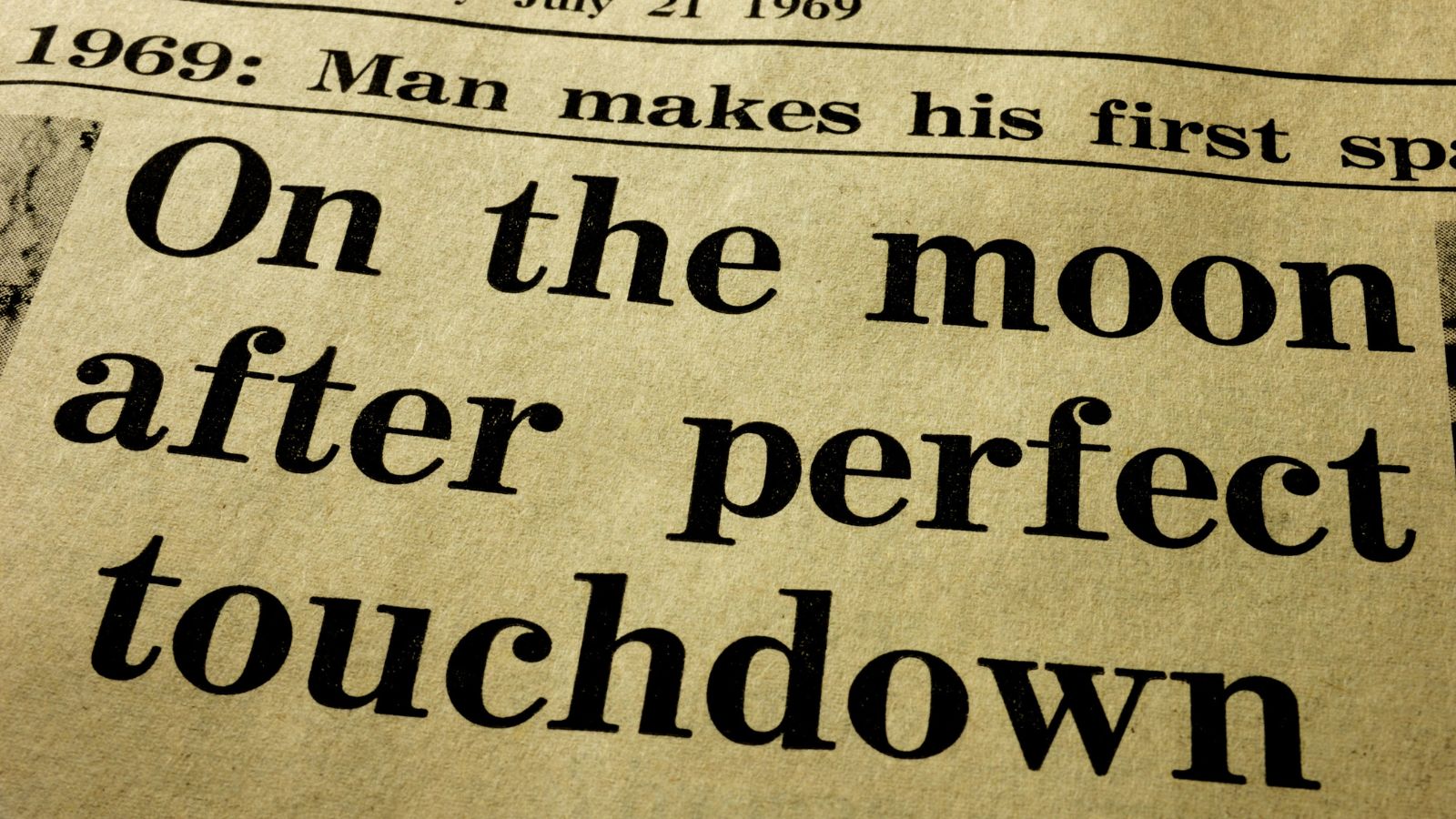
In 1969, Apollo 11 went on a mission to space and the first man landed on the moon. It was a race against time in the space industry, as both the U.S. and the Soviet Union wanted to be the first country to land. The event was broadcast on television and watched by millions.
Watergate Scandal (1972–1974)
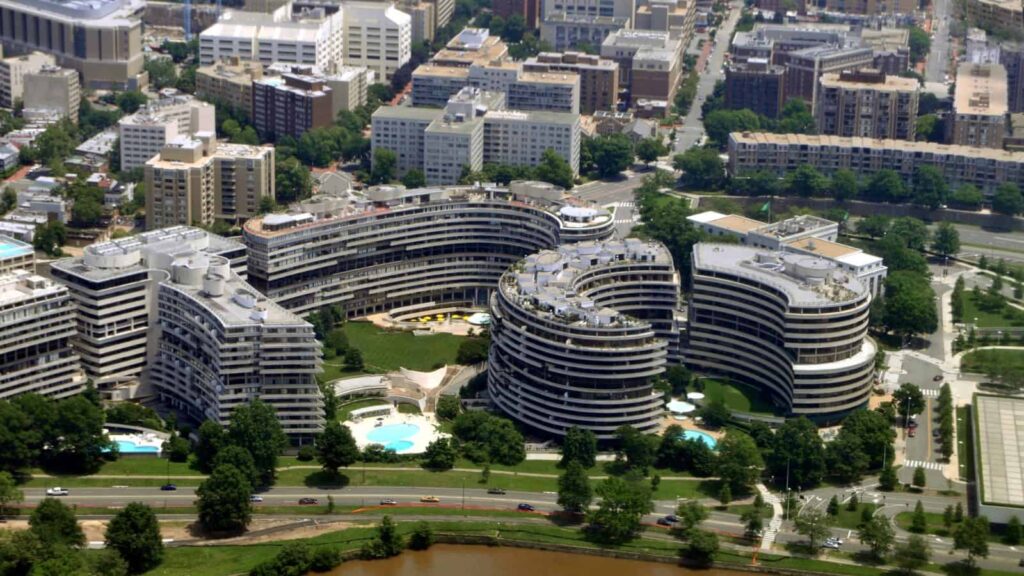
The American Archive of Public Broadcasting writes, “The Watergate scandal unfolded over the course of two complicated years, between the botched break-in at the DNC headquarters in July 1972 and the resignation of President Richard Nixon in August 1974.” It was a scandal that exposed widespread corruption in the political system.
The Women’s Liberation Movement (1960s–1980s)
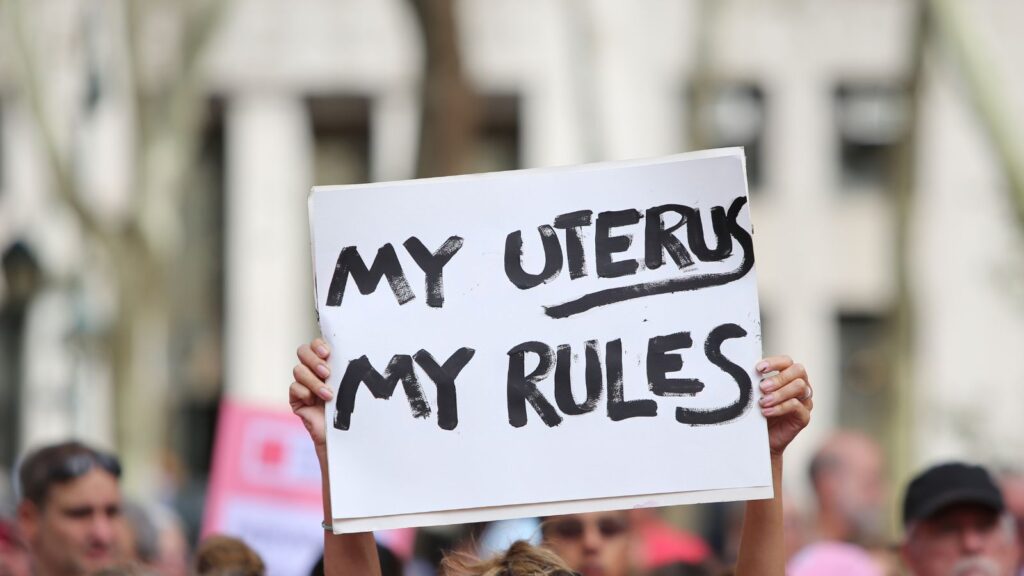
Many boomers witnessed and even participated in pushing for gender equality. Key events of this movement include the publication of The Feminine Mystique by Betty Friedan and the formation of groups such as NOW. It created many cultural shifts towards women’s rights in the workplace and society.
The First Earth Day (1970)
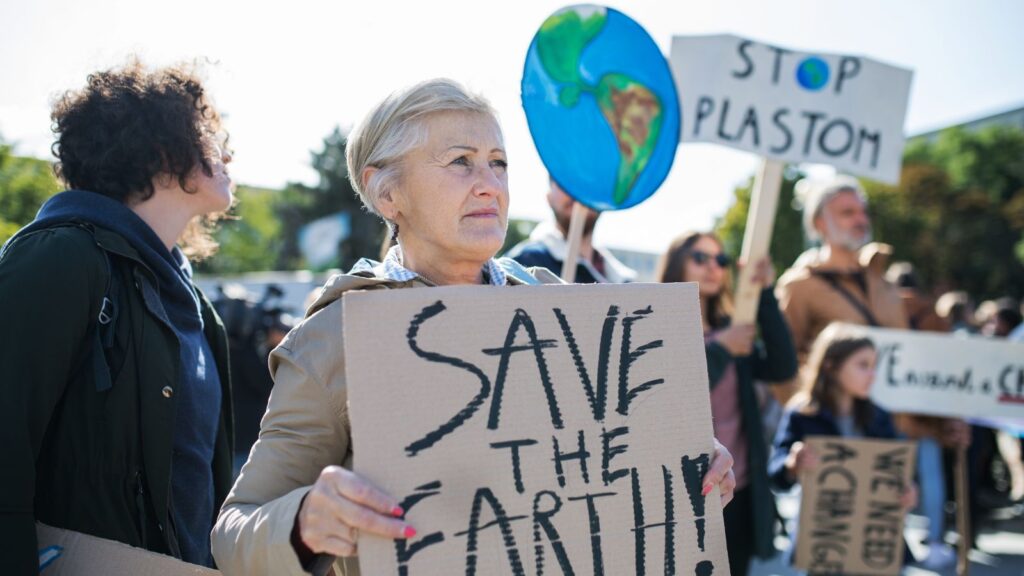
The world had its first Earth Day in 1970. This was a key day, as it increased awareness and activism for environmental issues. This significant day was in response to the increasing pollution in the world and environmental degradation. Because of this, legislation such as the Endangered Species Act and the Clean Air Act followed.
Cuban Missile Crisis (1962)
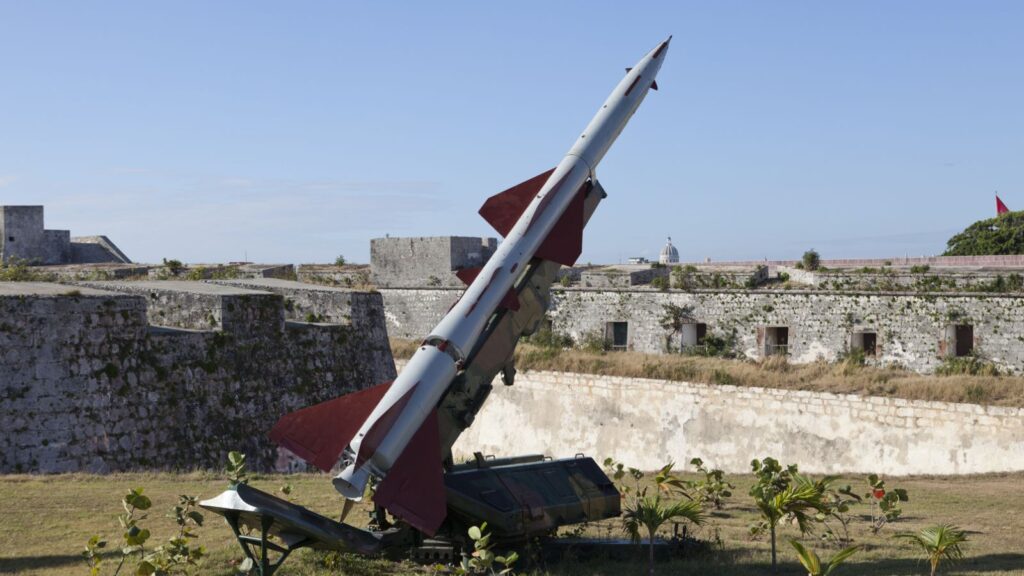
The Office of the Historian writes, “The Cuban Missile Crisis of October 1962 was a direct and dangerous confrontation between the United States and the Soviet Union during the Cold War and was the moment when the two superpowers came closest to nuclear conflict.” It was only resolved when the USSR agreed to dismantle its missile bases and the U.S. agreed not to invade Cuba.
Assassination of John F. Kennedy (1963)
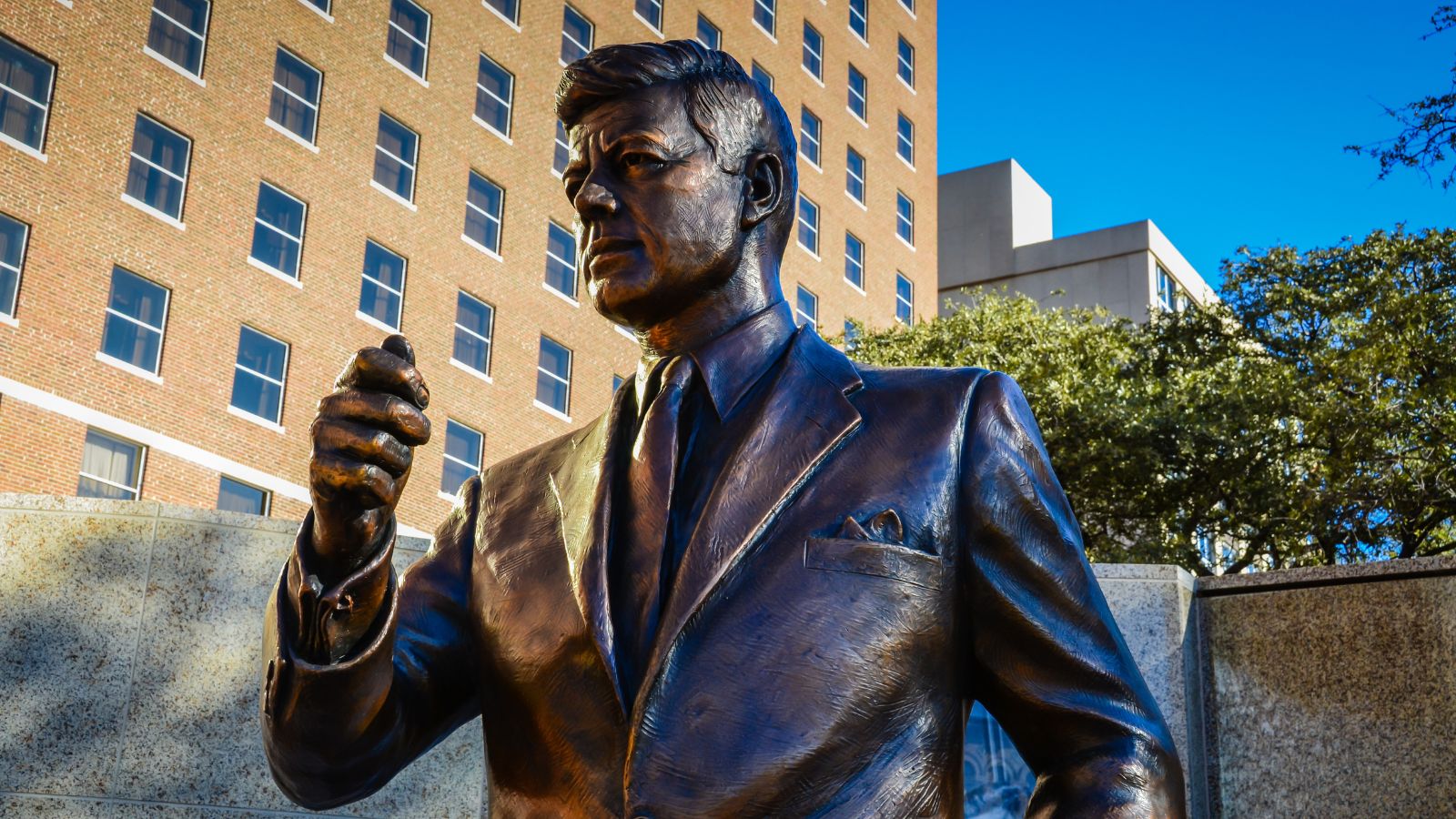
JFK was assassinated in Dallas and it was a moment that defined an entire generation. It was a time when the nation watched in horror and mourned the death of a much-loved president. His assassination also sparked numerous conspiracy theories that still exist today.
The Civil Rights Movement

The Civil Rights Movement took place between 1954 and 1968 in the United States. There were significant events such as the March on Washington and Martin Luther King Jr.’s “I Have a Dream” speech, both taking place in 1963. The movement caused legislation to be created, such as the Civil Rights Act of 1964 and the Voting Rights Act of 1965.
Vietnam War (1955–1975)

This was a long and heated war that sparked many anti-war protests in the United States. It had a significant impact on American politics and culture. It even led to major societal divisions and a reassessment of U.S. foreign policy as the U.S. military was dispatched to Vietnam to help.
Fall of the Berlin Wall (1989)
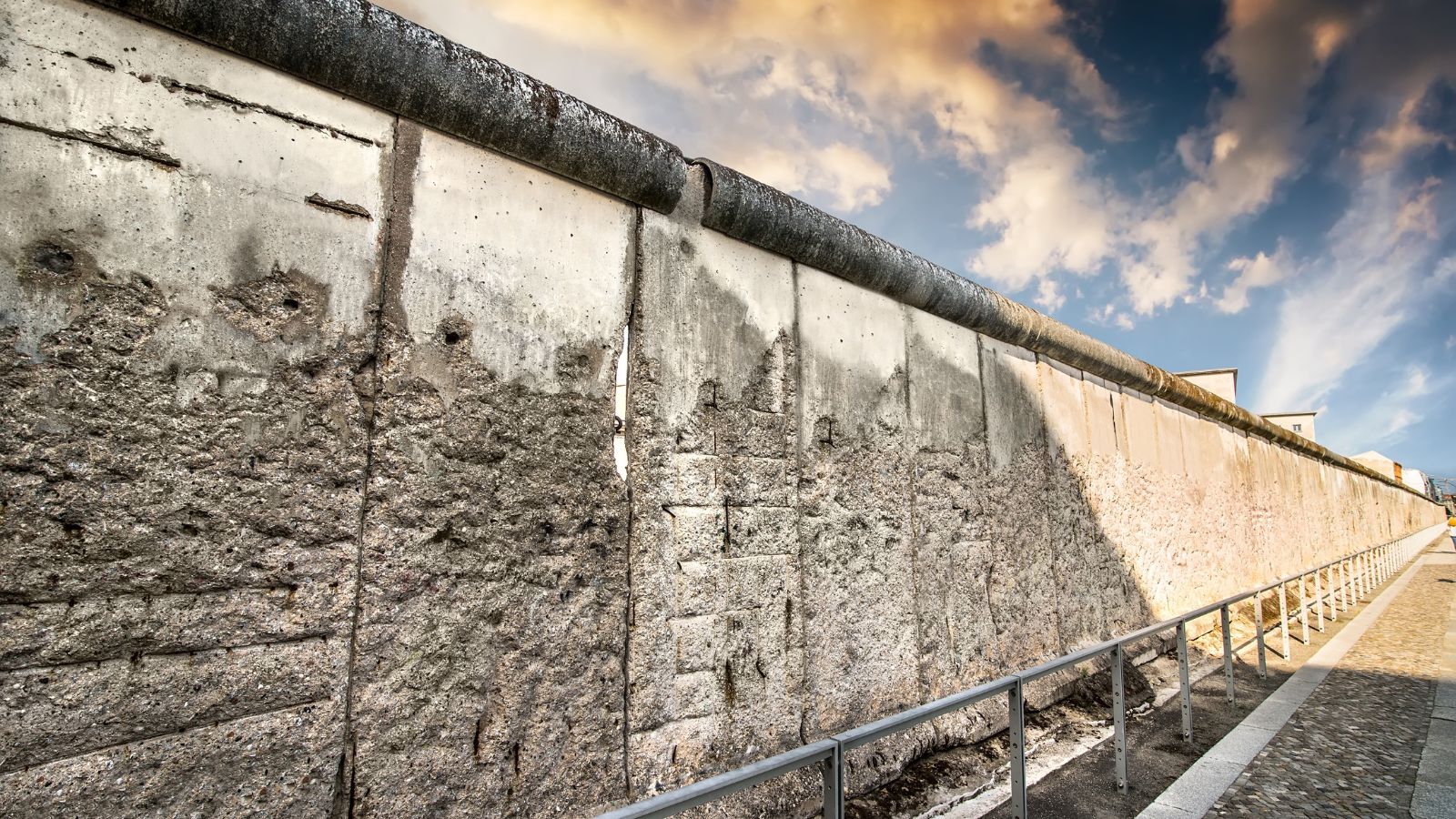
This was a significant moment in history because it symbolized the end of the Cold War. The fall of the wall also reunited East and West Germany. It was a key moment in geopolitics. The wall came down in the evening after a press conference was arranged.
Disco (1970s)

Disco became a musical movement in the late 1970s. This particular genre didn’t just influence music but also fashion and nightlife. It even paved the way for future music genres, such as pop. The name came from “discotheque,” which was a dance-oriented nightclub that appeared in the late 1960s.
The Technology Revolution (1975–)
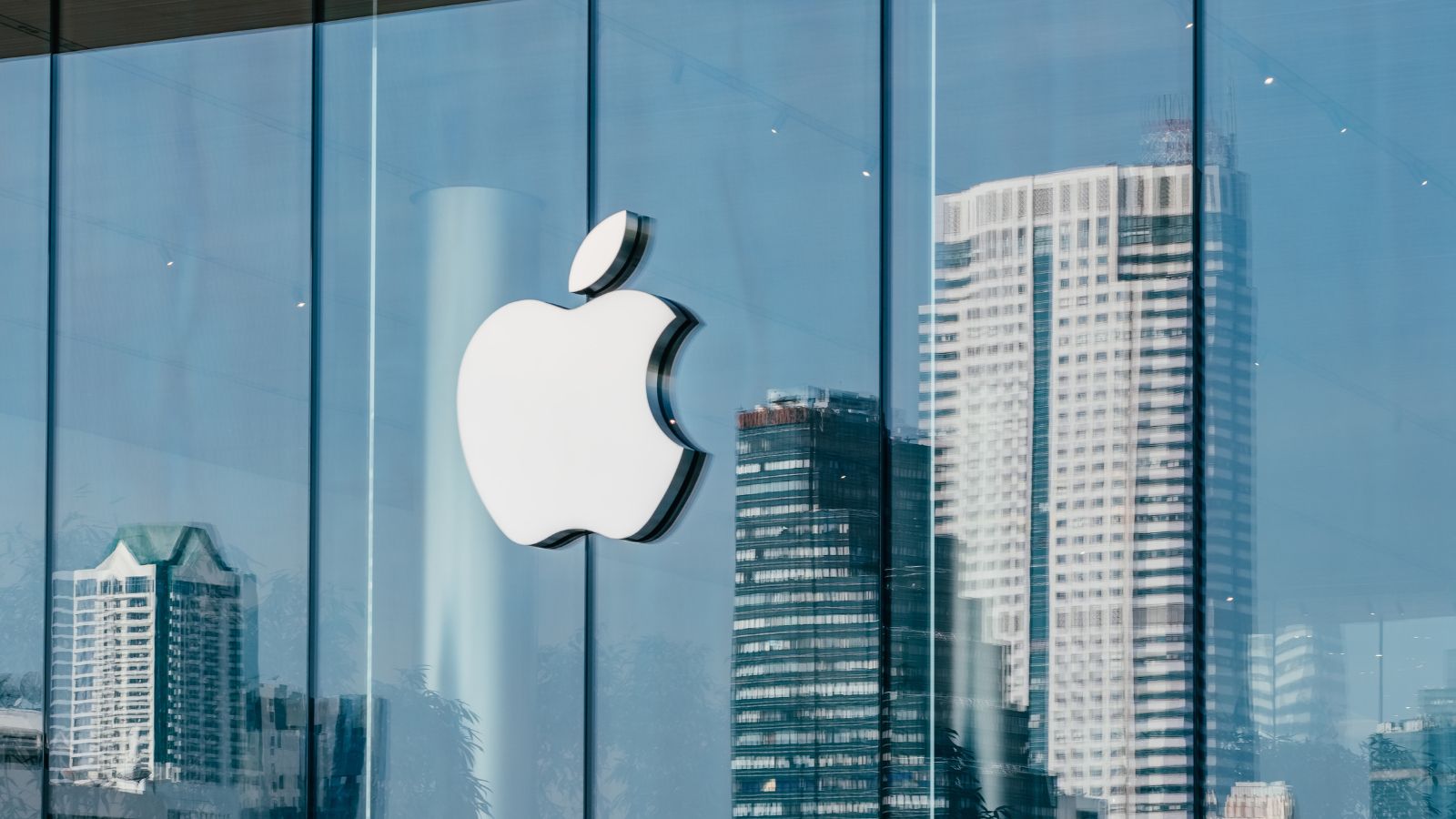
The mid-70s saw the start of the technology revolution with the creation of personal computers. This is seen as the beginning of the digital age, and it had significant impacts on daily lives and businesses. Major companies, such as Apple and Microsoft, were also founded during this time.
Assassination of Martin Luther King Jr. (1968)
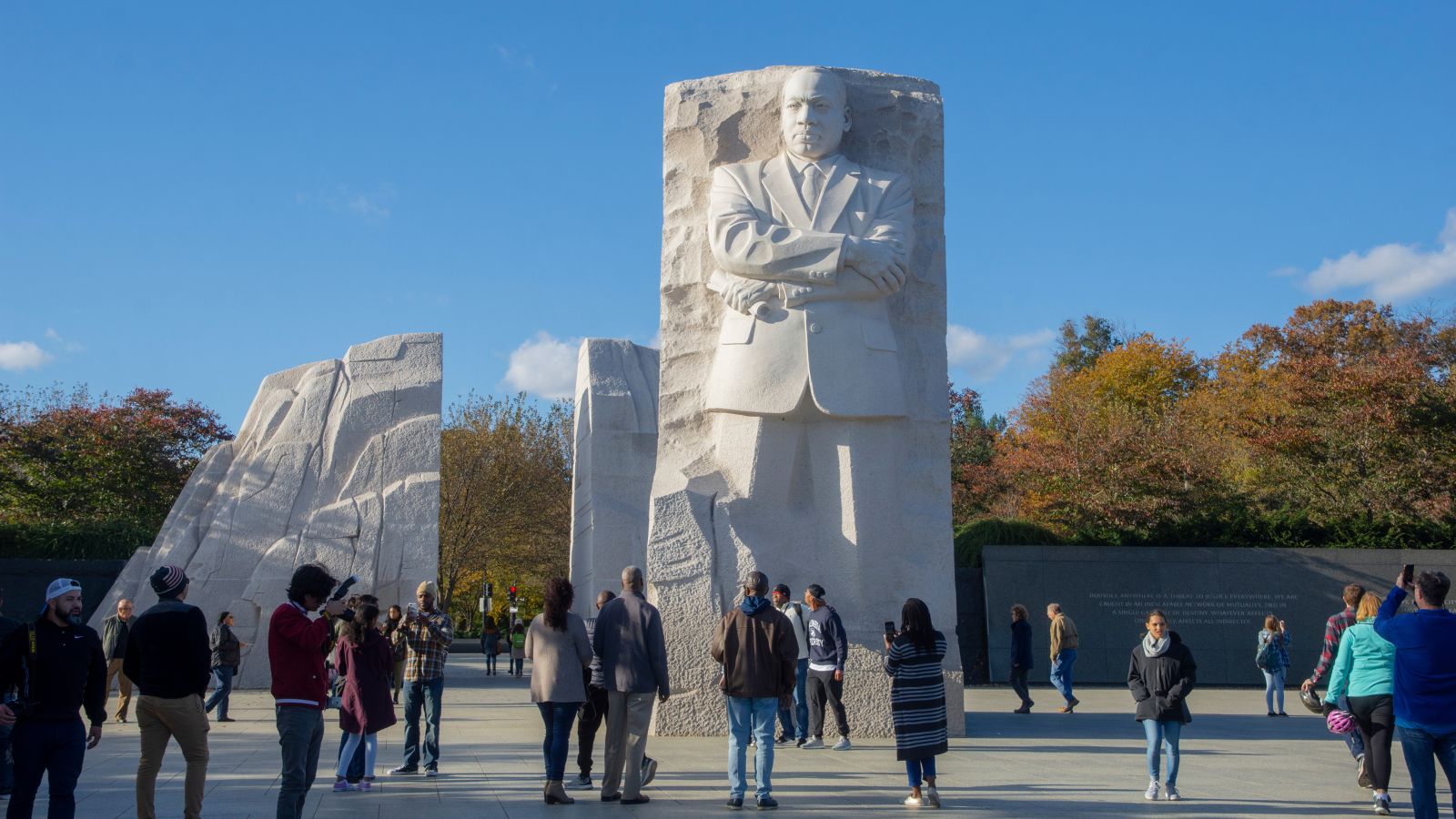
This was a tragic event that was felt across America. It marked a significant point in the Civil Rights Movement as it led to widespread riots and more racial tensions. Martin Luther King Jr. left a strong legacy thanks to all the work he put into the Civil Rights Movement.
Beatlemania (1963–1966)
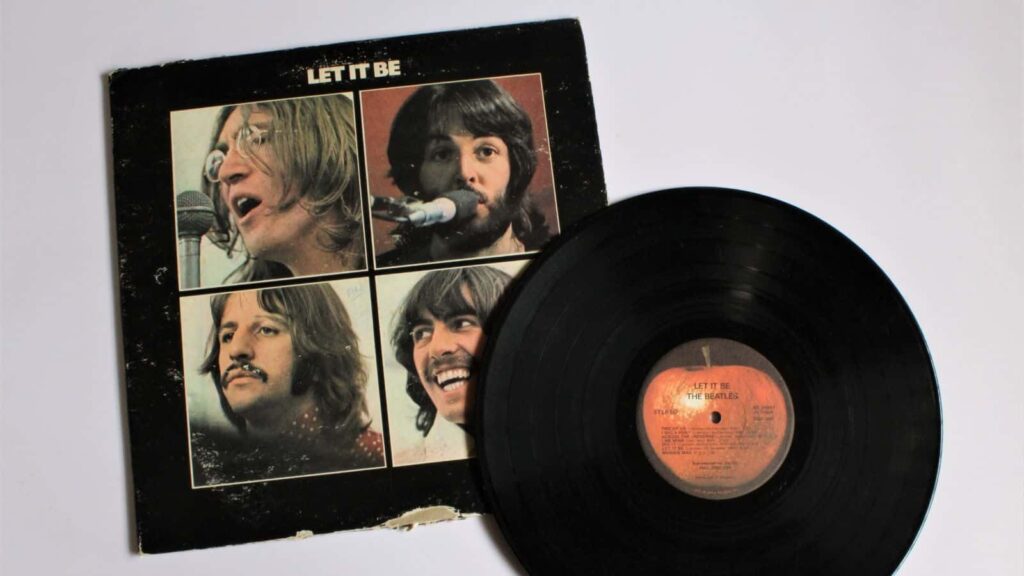
The Beatles took over in the years 1963–1966 and became cultural icons by influencing both music and youth culture. They arrived in the U.S. in 1964, which was seen as the start of the British Invasion. The Beatles had a lasting impact on music and popular culture.
Consumerism of the 1960s
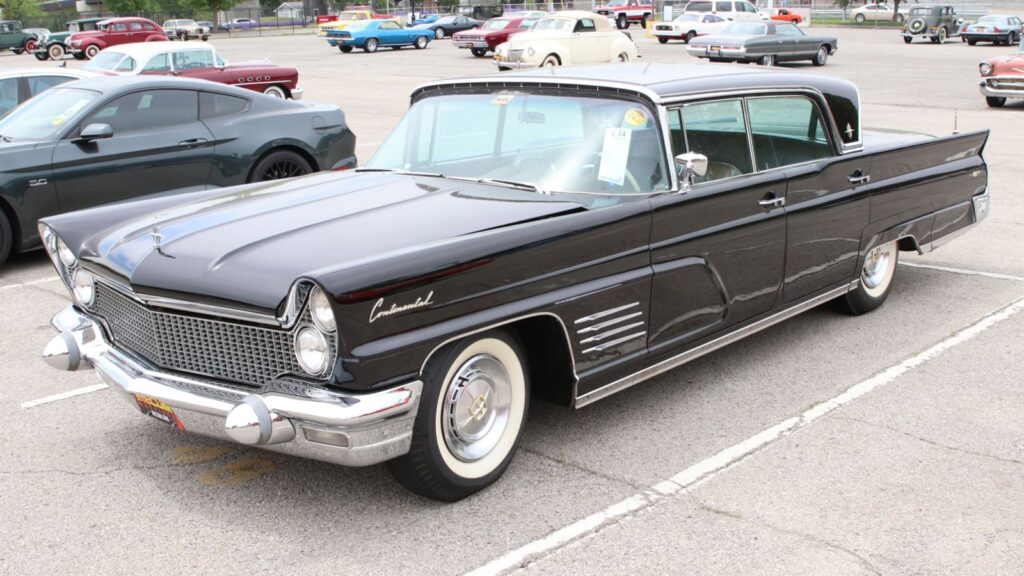
The 1960s were considered a great time to live thanks to the boom of the economy after the war. It meant higher standards of living as people were able to purchase houses, cars, and luxury goods. The 1960s saw significant growth in suburban developments.
Korean War (1950–1953)
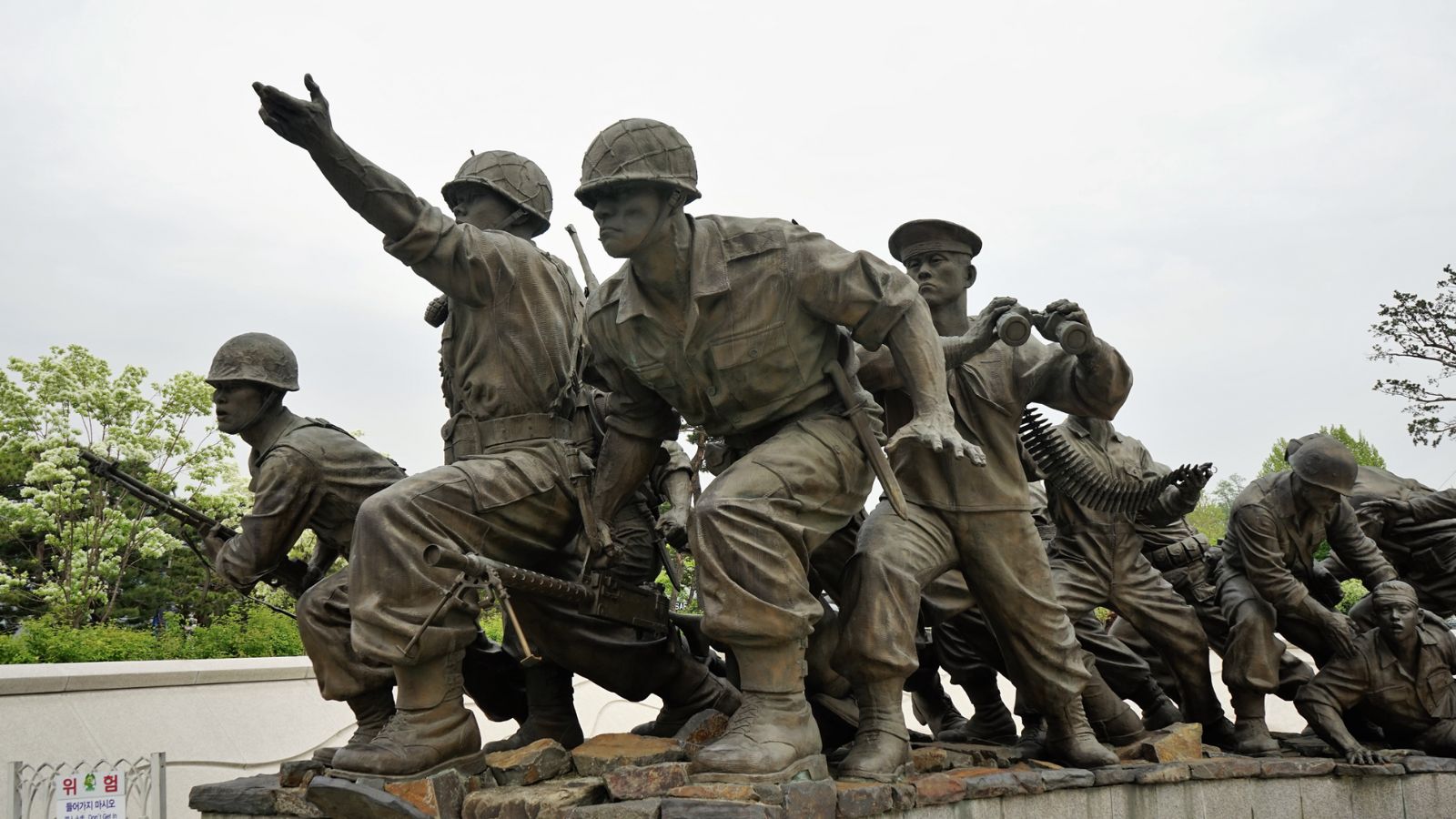
IWM writes, “The Korean War started on 25 June, 1950, and ended on 27 July, 1953, after the signing of an armistice agreeing that the country would remain divided.” It’s often known as the “Forgotten War,” even though it had a significant impact, especially in the Cold War. It was a war that left Korea divided, even today.
The Counterculture Movement (1960s)

The counterculture movement was a rebellion by the youth that promoted peace, love, and freedom. It was a cultural movement that was used to oppose the Vietnam War and traditional values. The counterculture movement had a huge impact on music, literature, and lifestyle.
The Oil Crisis (1970s)

The oil crisis in the 1970s led to economic issues and created awareness of how much we rely on energy. The disruptions in oil supplies came from incidents happening in the Middle East, such as the Iranian Revolution and the Yom Kippur War of 1973.
Color Television (1950s–1980s)
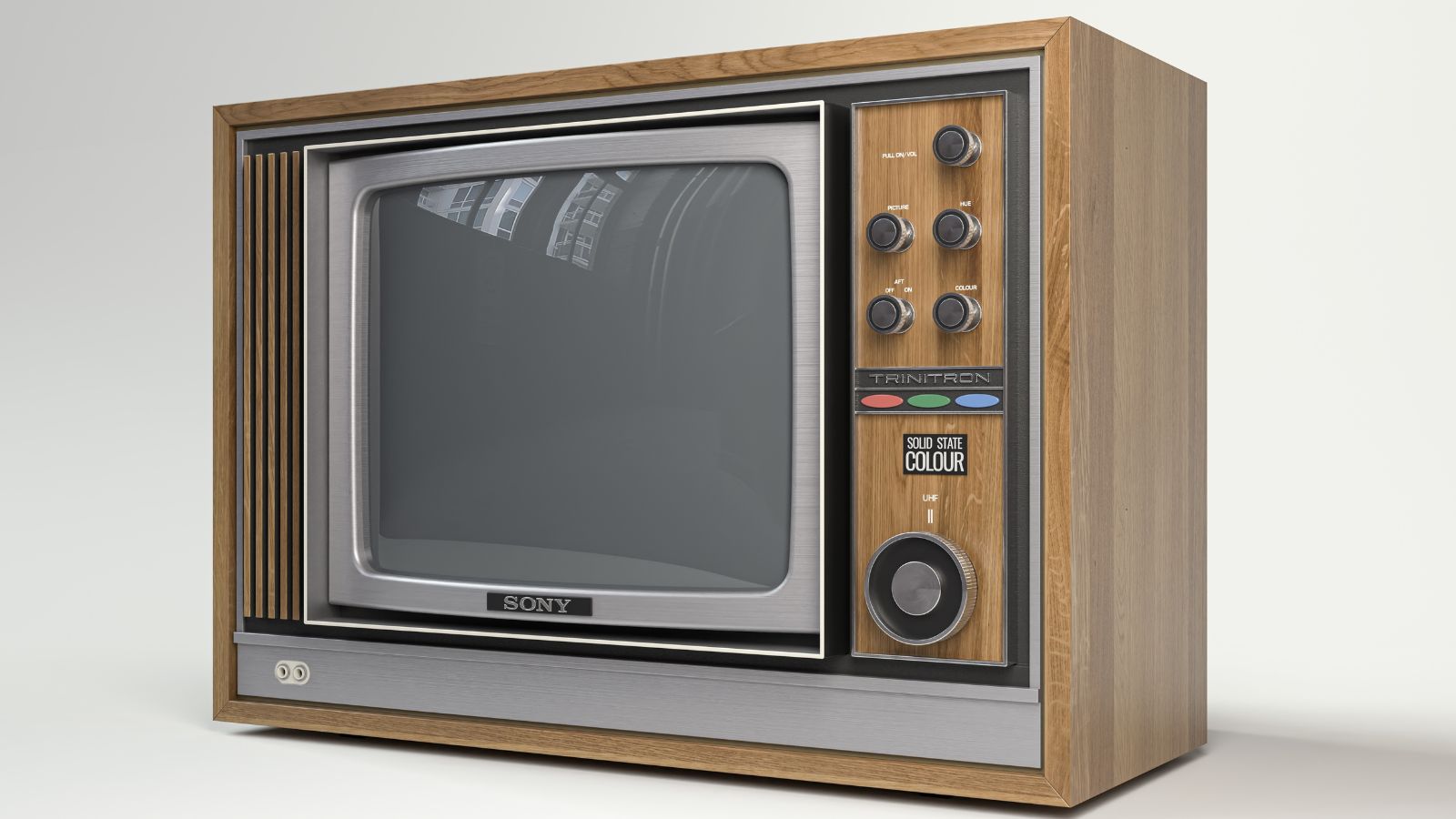
Color televisions became a central part of an American home. They first started circulating in the early 1950s and by the 1980s, the majority of households had a color TV. This electrical device helped to influence public opinion, politics, and entertainment. This is because it was able to showcase events such as the Kennedy-Nixon debates.







